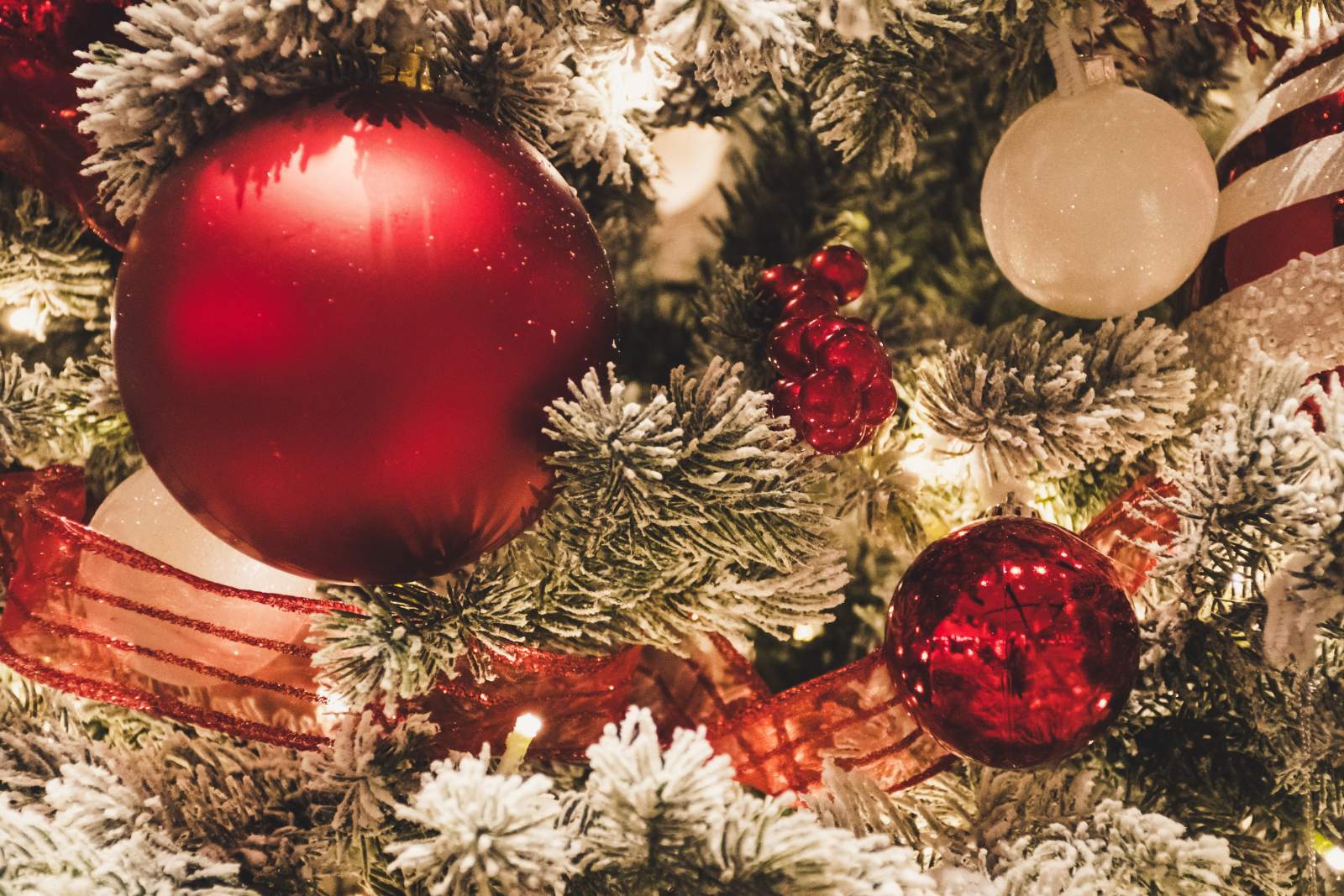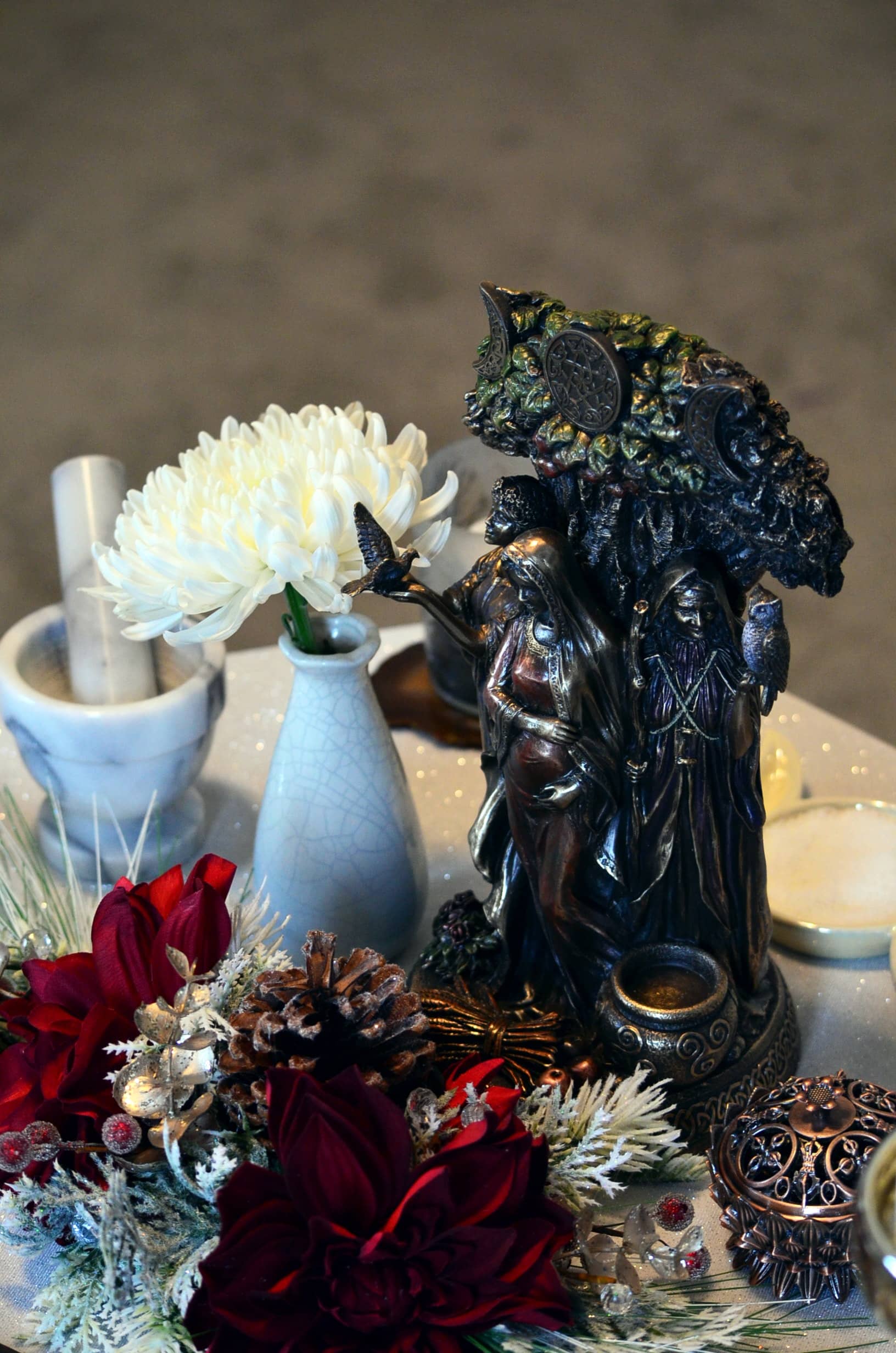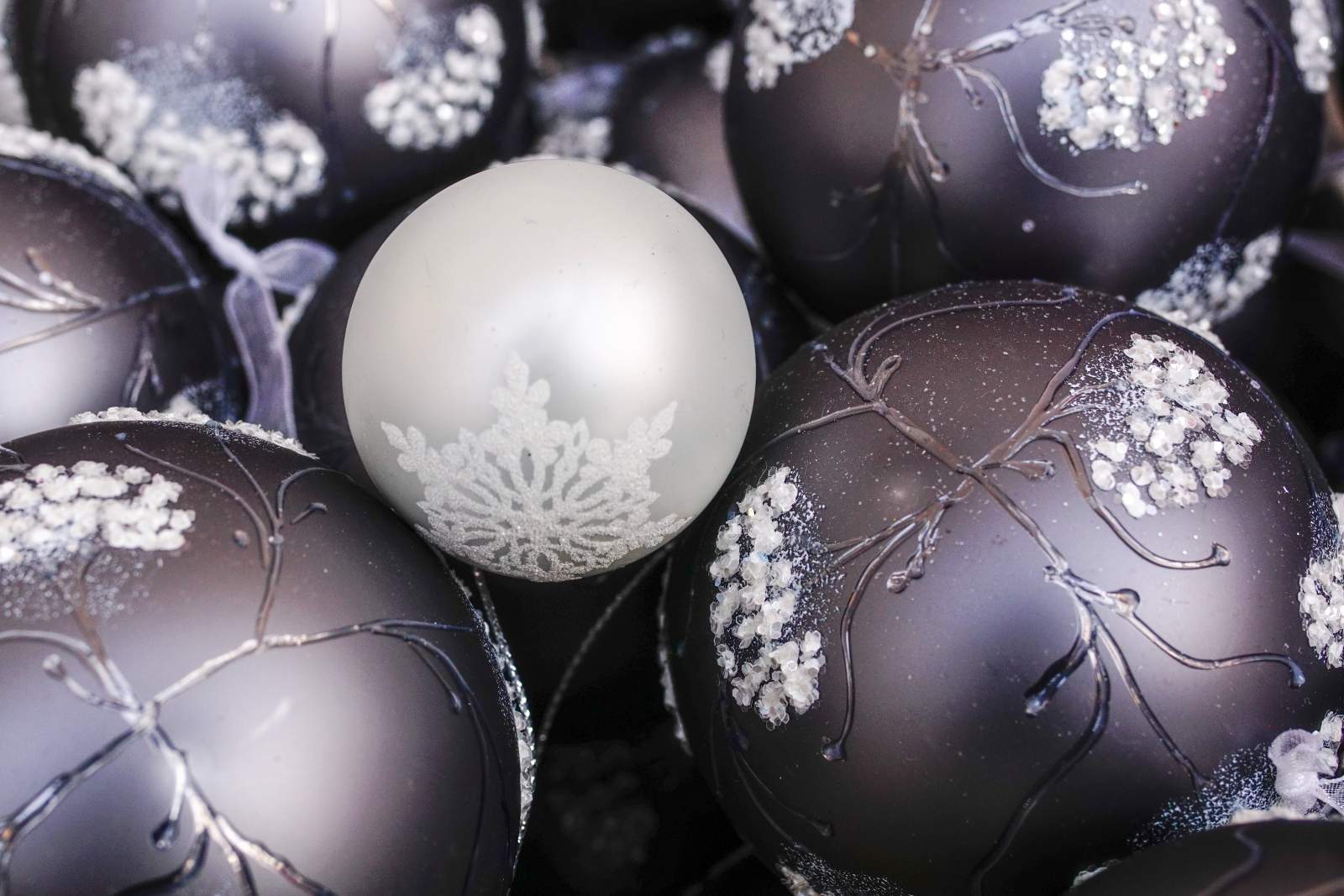Christmas

What is Christmas...
Originally known as 'Christ's Mass', Christmas is the most well-known holiday in over 160 countries worldwide (over 80% of the world).
The Christmas season is a much anticipated period of the year all around the world. It is an important time and means many different things to everyone. It is a time to reconnect with family and loved ones, a time of giving and receiving gifts and love, and a time to relax and take a break from all the rigors of the previous months.
Christmas celebrations around the world can vary greatly in Christmas traditions for many, it involves setting up a Christmas tree with lights, hanging Advent wreaths and stockings, candy canes, and setting out cookies and milk. Churches and families set up nativity scenes depicting the birth of Jesus Christ. Families also send out Christmas cards, exchange gifts, and prepare a Christmas feast to share with their family or their extended families.

When Is Christmas...
...and How Did It Start
Christmas Eve falls on December 24th, followed by Christmas Day on December 25th. Festivities are common throughout December with work parties, social gatherings, turning on Christmas lights, Christmas markets...You would be hard pushed not to notice the holiday in many countries.
Orthodox Christmas day occurs every January 7 because the Orthodox Church still chooses to celebrate the birth of Jesus as per the Julian calendar. The Gregorian calendar that is currently in use today led to a new Christmas Day on December 25 due to the addition of new elements that changed the calendar year. Perhaps we can even say that Orthodox Christmas day is the original Christmas Day.
Whether you celebrate on December 25 or January 7 (Orthodox Christmas Day), Christmas has evolved from a pagan holiday to a Christian celebration to a time for everyone, no matter their religion. It is a time for everyone to be merry and engage in traditions and customs like organizing and attending Christmas carols and concerts, putting up Christmas trees and lights, making beautiful Christmas cookies, and more.

Who Celebrates Christmas...
Christians, as well as the general population, celebrate the holiday. Many non-christian cultures have adopted elements without the religious connotations.
Over several days leading up to Christmas in Mexico, there are reenactments of Mary and Joseph's frantic search for an inn where the baby Jesus might be born. On Christmas Day, children take turns batting a piñata stuffed with little toys and holiday candy.
One tradition that is known incredibly well is that of Santa Clause, Father Christmas, St. Nick. A character by many names, he travels the world in one night delivering presents to children that have been well behaved for the year. There are many tales of his origins and whereabouts, suffice to say he brings an element of joy and excitement to millions of children (and adults) every year.

Things To Remember...
In most countries in the world, gifts are given to friends and loved ones, symbolizing the original offerings by the Magi of gold, frankincense, and myrrh to the baby Jesus.
Singing carols on Christmas Eve and Christmas Day involves strolling groups of singers, gaily dressed, who sing holiday songs in town squares, business districts, or in front of private homes. This tradition extends into December in many areas.
Midnight Mass is held at midnight between he 24th and 25th. Many Christians believe Jesus was born in the middle of the night so they attend a ceremony at their curch.

History Of The Holiday...
The first recorded 'Christmas Day' was in Rome in 336AD. Traditionally, Christians claim Christmas day as the day that Jesus Christ, the Son of God, was born. The exact date of this is not known as 100% fact, but December 25 is largely attributed to the first Christian historian, Sextus Julius Africanus, in around 221 A.D.
By the Middle Ages, Europeans created some of the Christmas customs we recognize today. In Strasbourg, apple-decorated fir trees appeared in homes. During the 17th and 18th centuries, people started to give gifts as symbolic of the Magi arriving in Bethlehem with offerings for the newborn baby Jesus. By the 19th century, fir wreaths laden with 24 candles representing the 24 days before Christmas were later reduced to a much safer four candles. Eventually, Christmas Day traditions spread beyond Europe to the rest of the world.
Orthodox Christmas day occurs every January 7 because the Orthodox Church still chooses to celebrate the birth of Jesus as per the Julian calendar. The Gregorian calendar that is currently in use today led to a new Christmas Day on December 25 due to the addition of new elements that changed the calendar year. Perhaps we can even say that Orthodox Christmas day is the original Christmas Day.

Saturnalia - A Pagan Festival
In the Pagan faith, Saturnalia - a holiday in honor of Saturn, the god of agriculture - was celebrated. The festival began in the week leading to the winter solstice and continued for a full month. Saturnalia was a hedonistic time, when food and drink were plentiful and the normal Roman social order was turned upside down. For a month, enslaved people were given temporary freedom and treated as equals. Businesses and schools were closed so that everyone could participate in the holiday's festivities.
Also around the time of the winter solstice, Romans observed Juvenalia, a feast honoring the children of Rome. Members of the upper classes often celebrated the birthday of Mithra, the god of the unconquerable sun, on December 25th. It was believed that Mithra, an infant god, was born of a rock. For some Romans, Mithra's birthday was the most sacred day of the year.
In the early years of Christianity, Easter was the main holiday; the birth of Jesus was not celebrated. During the fourth century, it was decided by the church that the birth of Jesus should be a holiday. There is no mention of Jesus' birth date in the Bible, and although some evidence suggests that his birth may have occurred in the spring, Pope Julius I chose December 25. It is commonly believed that the church chose this date in an effort to adopt and absorb the traditions of the pagan Saturnalia festival.

